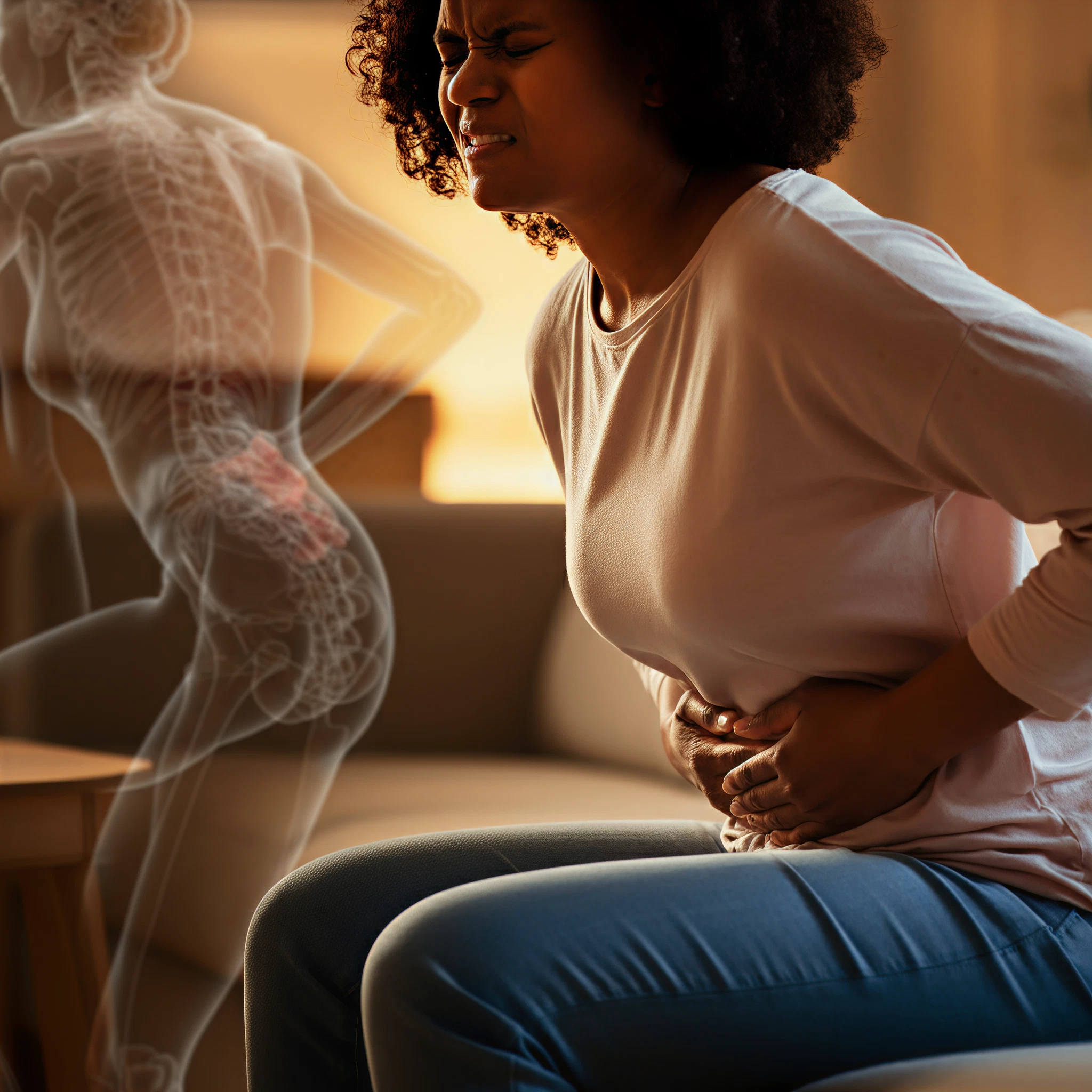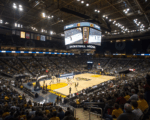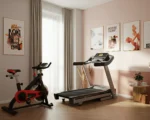Diverticulitis is a condition that affects the digestive tract, specifically the large intestine (colon), presenting symptoms that range from mild discomfort to severe abdominal pain. But did you know that in some cases, diverticulitis may also lead to back pain? While this connection might not seem obvious at first, the inflammation associated with diverticulitis can often cause discomfort in areas beyond the abdomen.
In this article, we’ll explore diverticulitis and its symptoms, the potential connection between diverticulitis and back pain, and effective ways to manage and prevent these issues.
What Is Diverticulitis?
Diverticulitis occurs when small, bulging pouches (called diverticula) that form in the lining of the digestive tract become inflamed or infected. These pouches are common, especially in adults over the age of 40, and typically do not cause problems unless they become inflamed, leading to diverticulitis.
Common Symptoms of Diverticulitis
- Abdominal pain (often severe and usually on the left side)
- Fever and chills
- Nausea and vomiting
- Bloating and gas
- Changes in bowel movements (constipation or diarrhea)
Complications of Diverticulitis
If untreated, diverticulitis can lead to complications, such as abscesses, perforations in the colon, or blockages, requiring more advanced medical intervention.
Can Diverticulitis Cause Back Pain?
For those experiencing diverticulitis, a less-discussed symptom is back pain. While it’s not one of the primary signs, there are circumstances where diverticulitis may trigger discomfort in the lower back. Here’s how:
1. Referred Pain
The body sometimes perceives pain in areas other than the actual site of the issue, a phenomenon called referred pain. When the inflammation from diverticulitis intensifies, the nerves in the lower abdomen may transfer that sensation to the lower back.
2. Inflammation
The swelling and inflammation in your colon caused by diverticulitis can impact surrounding muscles and tissues, including those in your back. This can lead to localized discomfort or pain that radiates to nearby areas.
3. Strained Postures
Severe abdominal pain may force individuals into awkward postures to find relief, leading to strained muscles and tension in the back over time.
4. Other Contributing Factors
An inflamed colon may also cause gas or bloating, which can increase pressure in cramped spaces inside the abdomen and back.
how to alleviate and manage symptoms
If you are experiencing back pain linked to diverticulitis, here are steps you can take:
1 Treating Diverticulitis
Treating the root cause of your symptoms. Depending on the severity of your case, options may include oral antibiotics specialized diets surgery9
## tips herense nutrition focused prevention ideas








